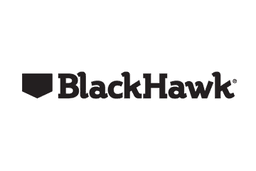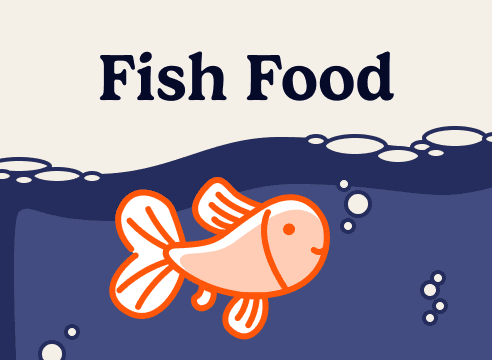Alaskan Malamute

The Alaskan Malamute is a large, powerful breed known for its strength, endurance, and striking appearance. Originally bred to haul heavy loads across the snowy terrain of Alaska, Malamutes are one of the oldest Arctic sled dog breeds. With their thick double coat, erect ears, and bushy tail that curls over their back, they have a majestic and wolf-like look. Despite their rugged origins, Alaskan Malamutes are friendly, affectionate, and make loyal companions.
Alaskan Malamute Facts & Characteristics
| Characteristic | Detail |
|---|---|
| Origin | Alaska, USA |
| Bred for | Sled pulling, working dog |
| Size | Large, 58 to 63 cm (height), 34 to 39 kgs |
| Weight range | 34 to 39 kgs |
| Colours | Various shades of gray, black, sable, and red, always with white on the underbelly, legs, feet, and face |
| Life expectancy | 10 to 14 years |
| Coat | Thick double coat, sheds heavily, particularly during seasonal changes |
| Temperament | Loyal, strong-willed, friendly, playful |
| Exercise requirements | High, requires plenty of exercise and mental stimulation |
| Best suited for | Active households, experienced dog owners, homes with large spaces |
| Apartment friendly | Not recommended due to size and exercise needs |
Personality
Alaskan Malamutes are known for their friendly, outgoing, and affectionate nature. They are highly social dogs that thrive on human companionship and are typically good with children and other dogs, though they can be strong-willed and independent. Malamutes have a high energy level and love to be active, making them well-suited to owners who enjoy outdoor activities. However, their independent streak can sometimes make training a challenge, so consistent, positive reinforcement is key. They are not big barkers, but they do enjoy howling and "talking" to their owners.
Grooming
Alaskan Malamutes have a dense double coat that requires regular grooming to keep it in good condition. They shed heavily, particularly during the shedding seasons in spring and autumn, when daily brushing is necessary to manage the loose fur. Outside of these periods, brushing a few times a week will help keep their coat clean and free of mats. Regular grooming also helps to reduce shedding around the home.
Feeding
Feeding an Alaskan Malamute requires a diet that is high in quality and appropriate for their size, age, and activity level. Malamutes are large, active dogs, so they need a diet that supports their energy needs without causing weight gain. It’s important to feed them balanced meals with the right amount of protein and fat. Portion control is crucial, as Malamutes can be prone to overeating. It’s recommended to divide their daily food intake into two meals to prevent bloat, a serious condition that can affect large breeds. Always ensure they have access to fresh, clean water, especially after exercise.
Common Health Concerns
Alaskan Malamutes can be prone to hip dysplasia, which affects their mobility, and hypothyroidism, which can cause weight gain and lethargy. They may also be at risk for cataracts, affecting their vision, and polyneuropathy, a nerve condition leading to muscle weakness. Additionally, Malamutes are susceptible to bloat, a serious stomach issue. Regular vet check-ups can help manage these concerns.
Alaskan Malamute FAQs
What is the difference between an Alaskan Malamute and a Husky?
The primary differences between an Alaskan Malamute and a Husky are size, build, origin, and temperament. Alaskan Malamutes are larger and more muscular, built for heavy pulling over short distances, and they originate from Alaska. In contrast, Huskies are smaller, faster, and more agile, bred for speed over long distances, and they come from Siberia. Temperament-wise, Malamutes are more independent and can be more challenging to train, while Huskies are often more energetic and social.
Are Alaskan Malamutes hypoallergenic?
No, Alaskan Malamutes are not hypoallergenic. They have a thick double coat that sheds heavily, especially during shedding seasons. This can trigger allergies in people sensitive to pet dander.
Are Alaskan Malamutes smart?
Yes, Alaskan Malamutes are intelligent dogs. They are known for their problem-solving abilities and can be quite independent thinkers. However, their intelligence also means they can be stubborn, so consistent training is essential.
Are Alaskan Malamutes good guard dogs?
Alaskan Malamutes are not typically good guard dogs. While they are protective of their families, they are generally friendly and social, even with strangers. They are more likely to greet an intruder with enthusiasm than aggression.


























